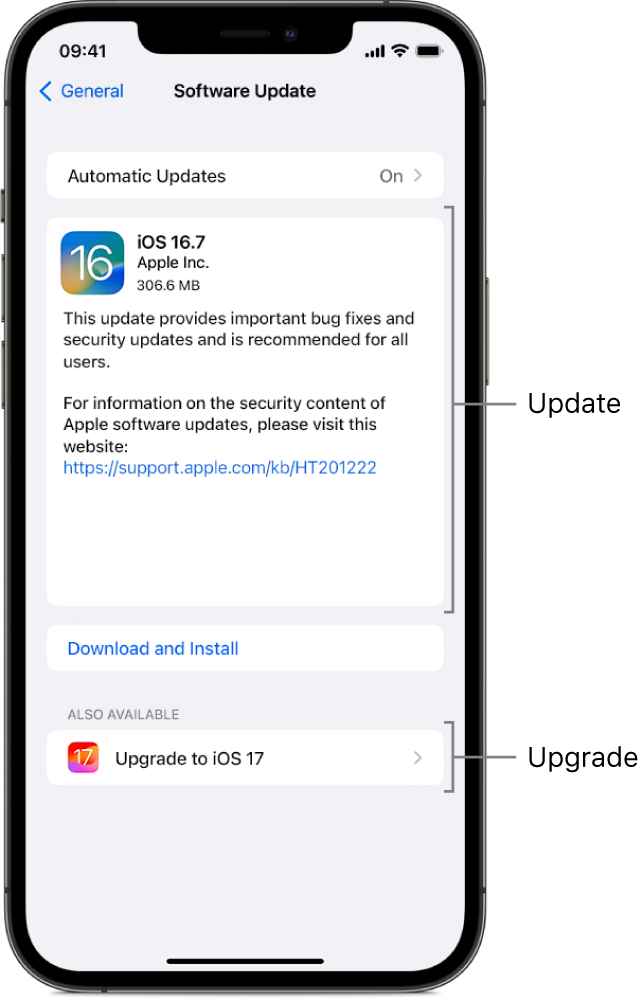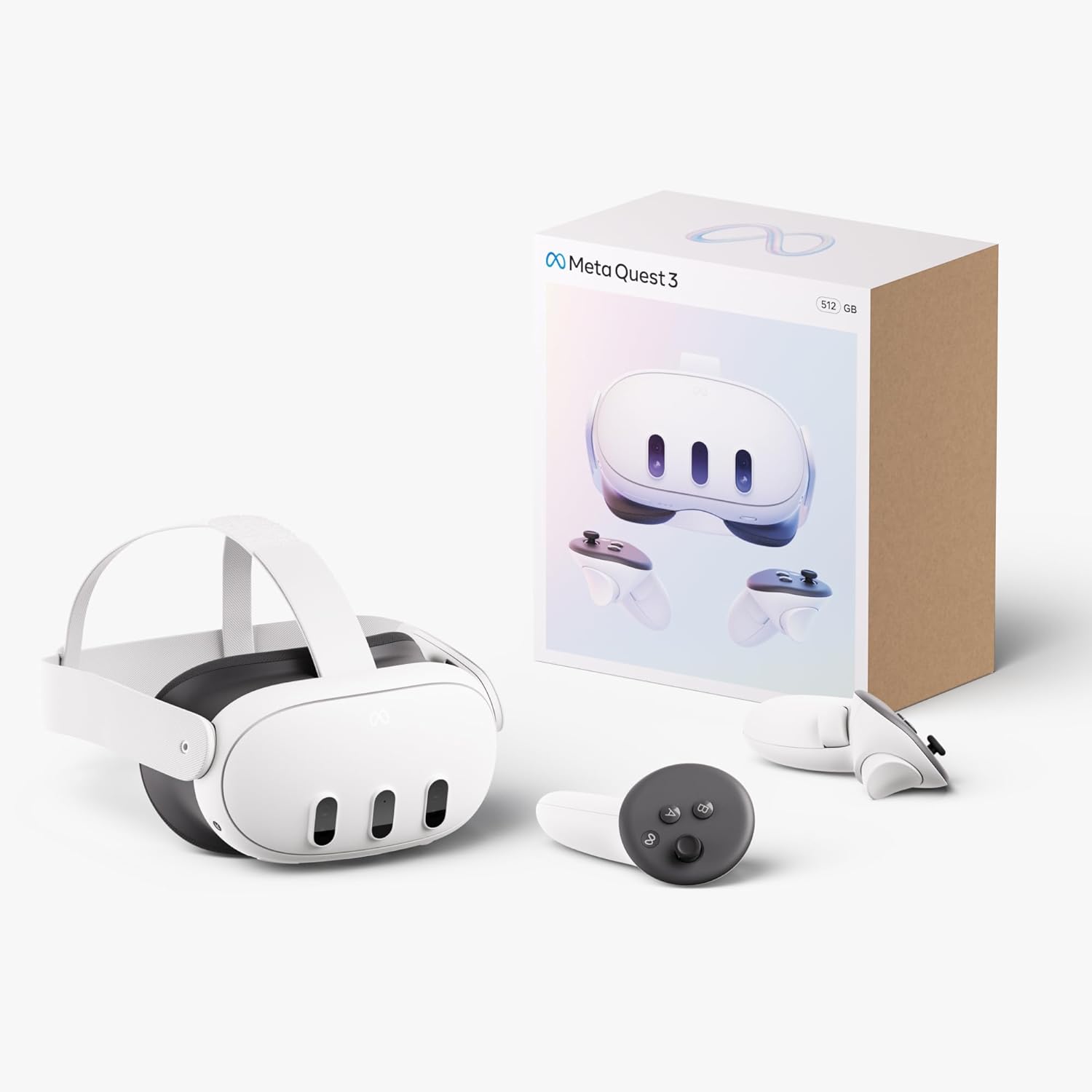In response to EU regulations requiring Apple to allow third-party web browsers on the iPhone, the tech giant initially cut off web apps for EU users. This move sparked criticism from developers and users, prompting Apple to reverse its policy and allow EU users to save websites as apps on their home screens once again.
Web apps, reminiscent of the early days of the iPhone, allow users to pin web pages to their home screens, functioning similarly to traditional apps. They have evolved to offer features such as data storage and push notifications, making them a convenient and lightweight alternative to native apps from the App Store.
Notably, Xbox Cloud Gaming relies on a web app to function on the iPhone, allowing users to play Xbox games using their phones and controllers. With the upcoming iOS 17.4 update, Apple is set to reinstate support for web apps, benefiting Xbox gamers who stream their game library through their iPhones.
Apple had previously cited security concerns with web apps, particularly when created by third-party Chromium browsers, as a reason for eliminating support for EU users. However, in a recent update, Apple announced that it will allow third-party browsers to create web apps, with the apps running on Apple’s own Webkit browser engine for security and privacy alignment.
In a statement on its developer page, Apple acknowledged the demand to continue offering support for Home Screen web apps in the EU and emphasized that the capability will align with the security and privacy model for native apps on iOS.
Despite Apple’s previous stance on the low user adoption of Home Screen web apps, the company has opted to maintain support for this feature in response to user feedback. This decision reflects a reasonable compromise, ensuring that Home Screen web apps continue to be built directly on WebKit and its security architecture for the benefit of EU users.




